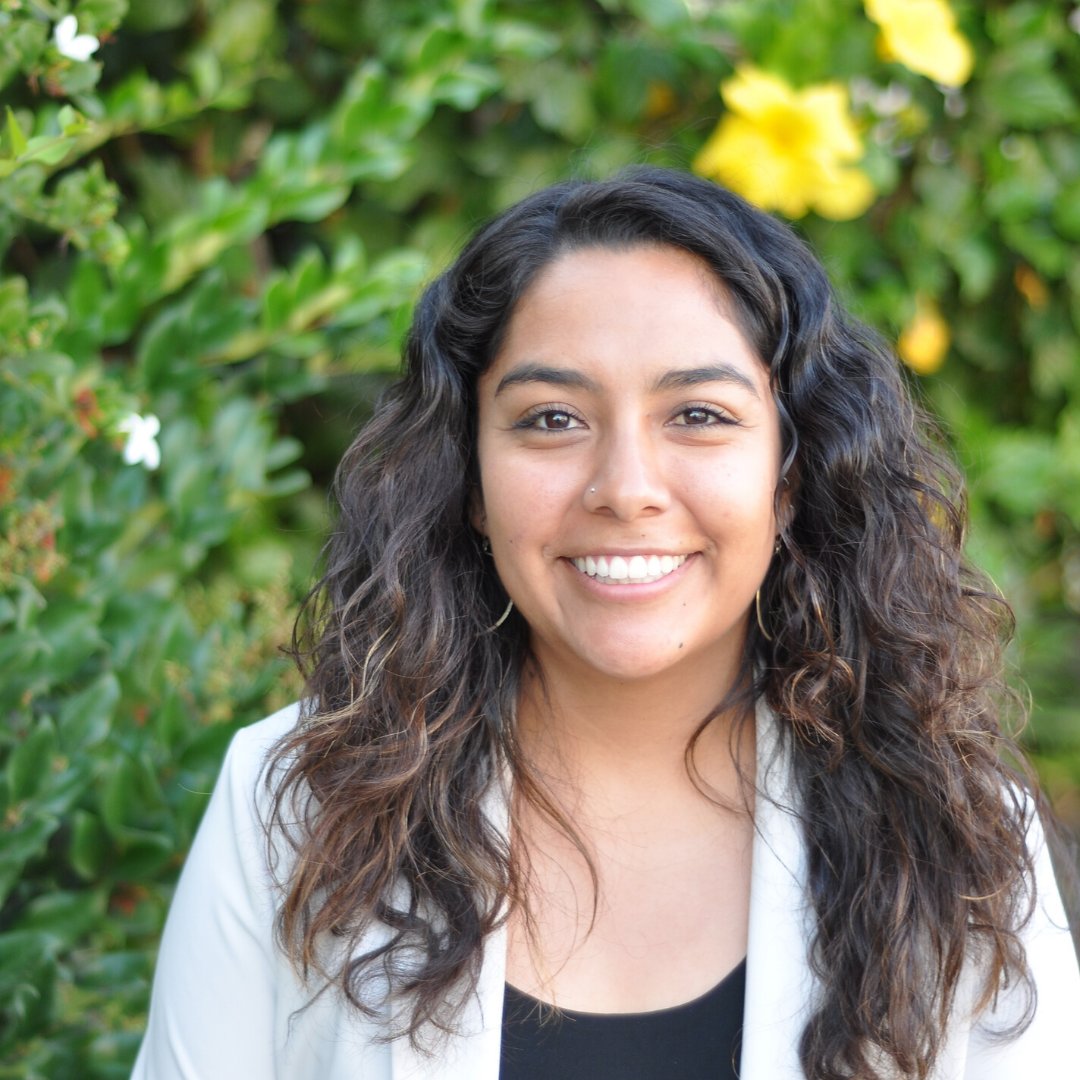Describe your personal, educational, and professional experiences and how they informed your decision to pursue a graduate degree.
Pursuing a graduate degree was not an immediate goal after I graduated from UC Irvine. Post-graduation, I jumped around many sectors- from the corporate to the nonprofit world, and then, after the 2016 election, I organized efforts for the undocumented community in Orange County. Throughout all these experiences I received many calls from “vecinos” (neighbors) who had high schoolers and wanted my guidance applying for college. Hearing their stories about the lack of guidance they received in the college application process sparked my passion for educational equity.
I kept going back and forth for years about whether I should apply for graduate school. It wasn’t until two of my close friends were accepted into graduate programs of their own that I was encouraged to take this step. I submitted only two applications (ps. don’t do that), honestly thinking I wouldn’t be accepted. To my surprise, I was accepted to both!
As I navigate my grad school experience, I am constantly reminded that I made the right choice. Being around others that are equally passionate about education, motivates me to continue this journey and take steps to continuing growing professionally.
What challenges did you encounter along your educational trajectory? How did you overcome those challenges?
Multigenerational wealth. As a first-generation graduate student at an elite university I was constantly reminded how many students on campus were the second (or third!) generation attending the university or had parents that were going to help pay for their school loans after graduation. Coming from a low-income background, this economic gap became very real to me. Financial insecurity and the doubt of successful returns on this investment were especially weighing on me my first semester. As a first-generation student I understand the pressure one feels when it seems like the odds are stacked against you. Sometimes we place too much weight on immediate financial stability and success, and do not look at the larger picture.
What gives me hope is the thought that I am creating the foundation my future family will build on. My family’s legacy begins with me and the commitment to my passion today. As long as I “trust the process”, everything else will fall into place.
What advice do you have for individuals who are interested in pursuing a graduate degree?
Know Your Worth & Do Your Research.
Take the time to gather information about multiple programs, funding opportunities (especially full rides and fellowships), university faculty, class profile and graduate student services. You want to accept a program that aligns with your values, challenges you and, most importantly, will elevate your career. In the end, education is an investment, so make sure you get a strong return.
What did you enjoy most about your graduate/professional program?
I am grateful for the freedom to explore the issues I am most passionate about- like supporting undocumented students in higher education to increasing enrollment rates of first-generation students in doctoral programs. I enjoy researching these issues on a deeper level and advocating for these populations with my peers and faculty. As I continue to navigate my graduate career, I am excited to “lean into” my passions and bring systemic change to our higher education institutions.


